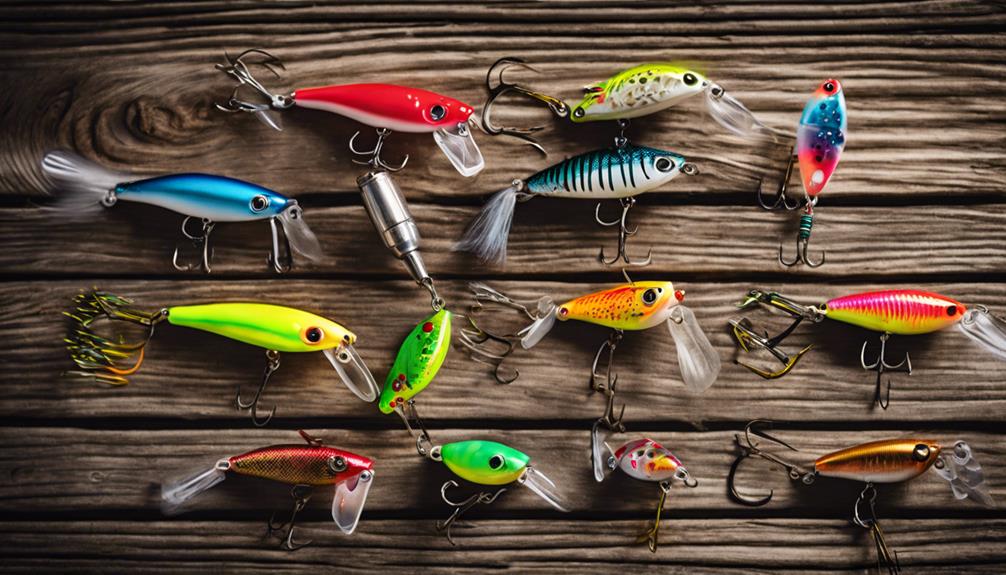Fishing is a beloved pastime for many families, providing an opportunity to bond with nature and each other. However, before heading out on the water with your kids, it’s crucial to understand the regulations surrounding fishing licenses, especially for children. In this comprehensive guide, we will delve into the question, “do children need a fishing license?” and explore the nuances of fishing regulations that vary by state.
Understanding Fishing Licenses: An Overview
Fishing licenses are permits issued by governmental authorities that allow individuals to fish in designated waters. The primary purpose of these licenses is to promote sustainable fishing practices, protect fish populations, and manage aquatic ecosystems. While adults typically need a fishing license, the rules regarding children can vary significantly depending on the state or region you are in.
In many areas, children under a certain age are exempt from needing a fishing license. This exemption is often designed to encourage youth participation in fishing, fostering a love for the sport and appreciation for nature. However, it’s essential to familiarize yourself with the local regulations to avoid any legal issues while enjoying your fishing trip.
Age Limits and Regulations by State
When considering whether “do children need a fishing license,” it’s important to note that age limits can differ widely across the United States. For instance, many states allow children under the age of 16 to fish without a license, while others may set the limit at 12 or even 18 years old.
For example, in Texas, children under 17 do not need a fishing license, while in California, the age limit is set at 16. Similarly, in Florida, children under 16 can fish without a license. Understanding these specific age limits is crucial for parents planning a fishing trip with their kids. Always check your state’s wildlife agency website for accurate and up-to-date information regarding fishing regulations.
Special Permits and Programs for Young Anglers
In addition to age exemptions, many states offer special permits or programs designed to encourage young anglers to fish. These may include free fishing days, youth fishing clinics, and family fishing events. Such initiatives aim to instill a love for fishing in children while educating them about conservation and responsible fishing practices.
Some states, like Pennsylvania, have designated specific days where fishing is free for everyone, including children who might typically require a license. Participating in these events can be a fantastic way to introduce your child to fishing without the worry of needing a license. Check local announcements to see if your area hosts such events.
Why Fishing Licenses are Important for Conservation
While the focus here is on whether children need a fishing license, it’s essential to understand why fishing licenses exist in the first place. Fishing licenses play a critical role in funding conservation efforts and maintaining healthy fish populations. The revenue generated from fishing licenses is often used for habitat restoration, fish stocking programs, and research on aquatic ecosystems.
By purchasing a fishing license, even if your child is exempt, you contribute to these vital conservation efforts. Teaching children about the importance of these programs can enhance their appreciation for fishing and the environment, making it a more enriching experience for them.
Teaching Kids About Fishing Regulations
Whether or not your child needs a fishing license, teaching them about fishing regulations is a valuable lesson. Understanding the rules, such as size and bag limits, seasonal restrictions, and protected species, can foster a sense of responsibility and ethics in young anglers.
Begin with the basics: what a fishing license is, why it’s needed, and how it helps in preserving aquatic environments. Explain the importance of following regulations to protect fish populations and ensure that fishing remains a sustainable activity for future generations. This foundational knowledge can help instill a sense of respect for nature in children.
Fishing Etiquette: A Lesson for Young Anglers
Fishing etiquette is another critical aspect of the fishing experience that children should learn. Teaching young anglers about respect for the environment, other anglers, and local wildlife can enhance their enjoyment and appreciation of the sport.
Discuss the importance of cleaning up after themselves, using tackle responsibly, and respecting the fishing spots of others. Encourage them to practice catch and release when appropriate and to handle fish gently to minimize harm. Instilling these values early on can help create responsible anglers who care for the environment and their community.
The Benefits of Fishing for Children
Fishing is not just a fun outdoor activity; it also offers numerous benefits for children. Engaging in fishing can enhance a child’s physical health, improve their mental well-being, and foster important life skills.
Physically, fishing encourages outdoor activity, promoting exercise, coordination, and fine motor skills. Mentally, it can be a calming and meditative experience, helping reduce stress and anxiety. Moreover, fishing teaches patience, persistence, and problem-solving, all essential life skills that can benefit children in various aspects of their lives.
Conclusion: Preparing for Your Family Fishing Trip
In conclusion, understanding whether “do children need a fishing license” is essential for a successful family fishing trip. While many states exempt children from needing a license, it’s crucial to check local regulations to ensure compliance. Moreover, teaching children about fishing regulations, conservation, and etiquette can enhance their fishing experience and instill a lifelong love for the sport.
Whether you’re planning a day at a local pond or a weekend getaway to a scenic fishing spot, preparing your child with the knowledge and skills to fish responsibly will create lasting memories for your family. So, gather your gear, pack some snacks, and head out for a day of fun on the water—it’s an adventure that your children will cherish for years to come.
